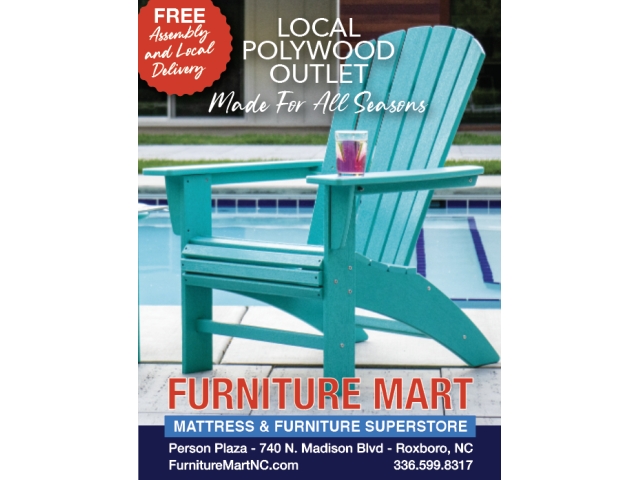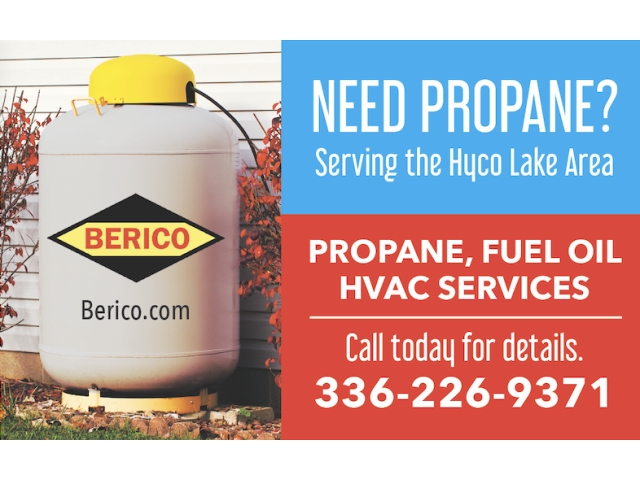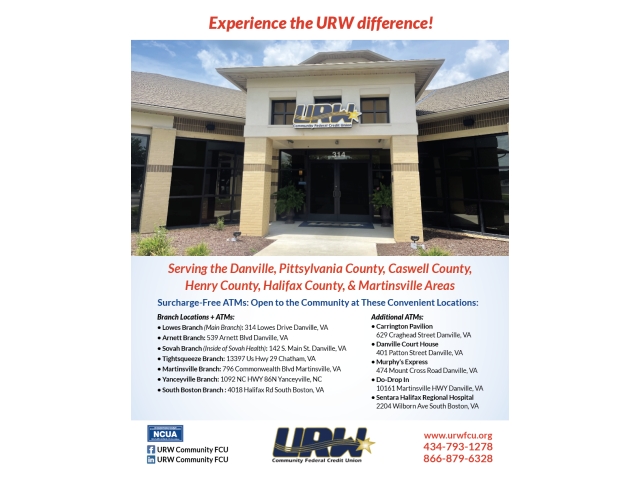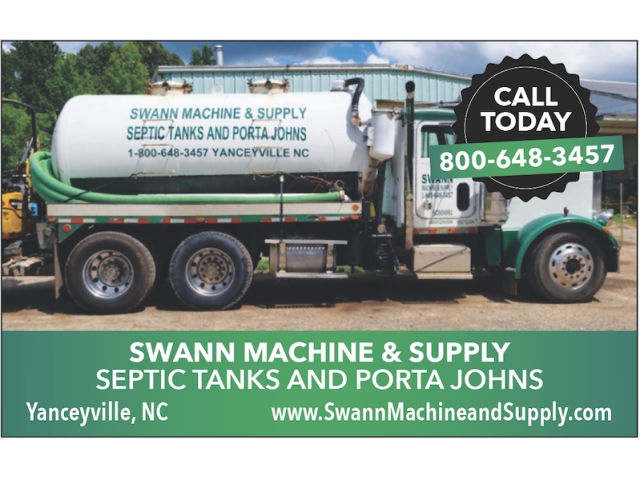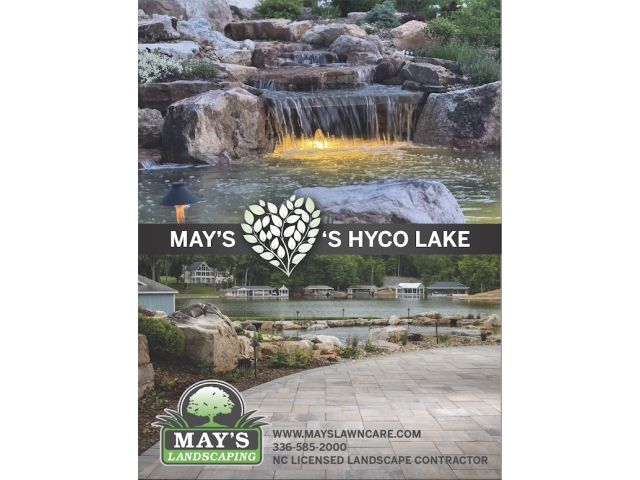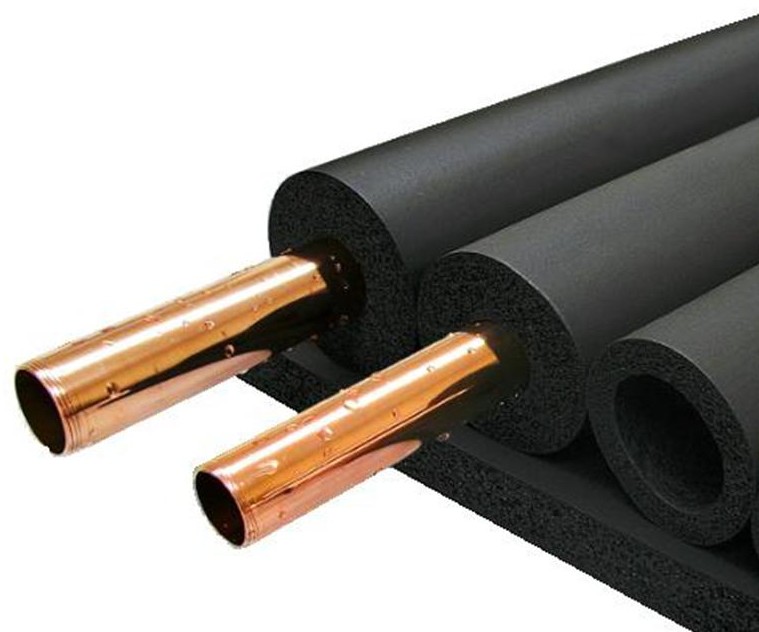
Pipe Foam Insulation Courtesy of A Plus Plumbing
Owning a lake or vacation home provides a lifetime of memories, opportunity for family gatherings, and total relaxation. The one thing you don’t want when you arrive at your home for a relaxing weekend is a plumbing issue. Nothing kills a relaxing weekend quicker than a leaking pipe, no water, or foul-smelling water. Vacation homes require different maintenance than a home that is lived in day to day, and to ensure you avoid issues that could ruin your weekend, simple steps can be taken to keep your plumbing working year-round.
The best way to discuss potential plumbing issues is to start at the beginning, with the well. If you are unable to access city water, then you have a well. The well can be shared with your neighbors or be exclusive to your home. Wells are holes drilled into the ground and the depth is determined by when it reaches sufficient water production to support a home. Wells can vary from being shallow to extremely deep. The well functions by tapping the ground water and a well pump is inserted into the well to pump the water to the home.
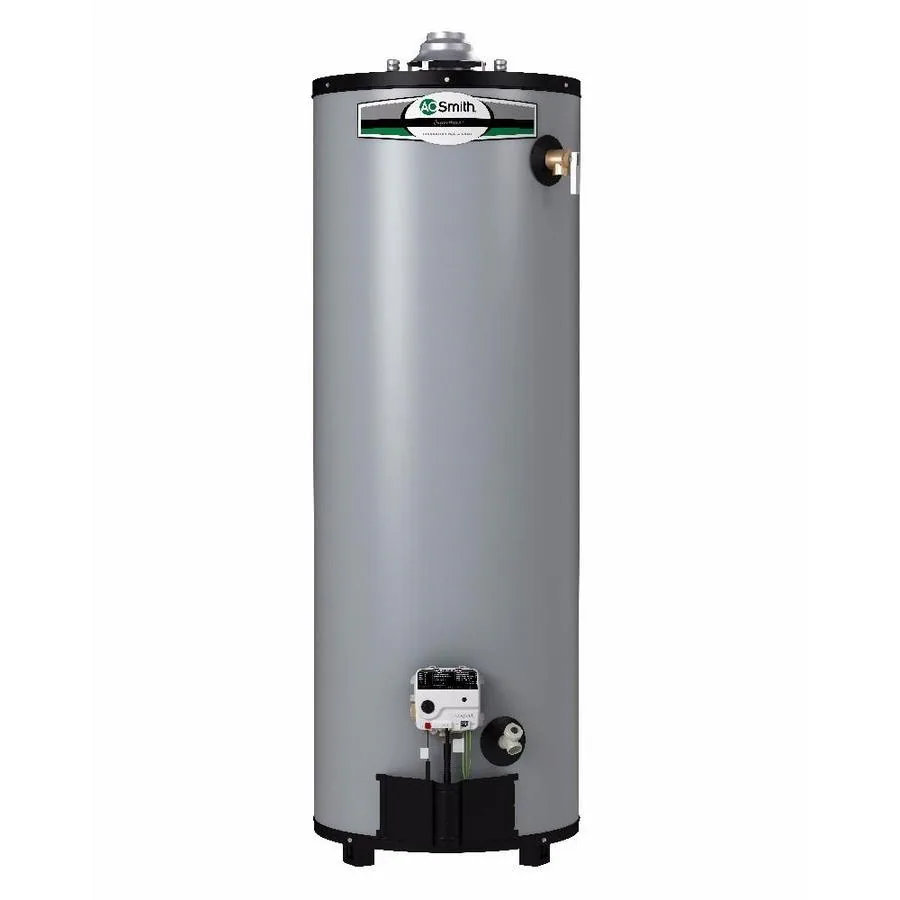
Well pump sizes are calculated by the depth of the well, volume of water needed, and reserve capacity. The pumps are activated by a pressure switch and a pressure tank, located within the home. These direct the pump to turn on when water is needed. If the house does not have water, it is best to check the operation of the pressure switch before assuming the more expensive well pump has gone bad. Well pumps can easily last 10 to 15 years.
Depending on the age of your home, the pipes could be copper, galvanized, PVC, or PEX. The best way to avoid leaks with any type of pipe is a yearly visual inspection, noting any sweating of the pipes, corrosion around any joints, or signs of leaks. North Carolina seasons result in temperature swings which require all pipes in a crawlspace or exterior wall to be properly insulated to prevent frozen pipes. Insulation wrapped around the pipe and taped will insulate against freezing temperatures. Spray foam or batt insulation installed in the cavity of an exterior wall will protect pipes against the elements.
There are two options for water heaters to meet your needs. A tank water heater can be located inside the home or in a crawl space with an insulation blanket. Tank water heaters range in size from 30 up to 80 gallons depending on the home’s needs. Electric or gas water heaters store and constantly reheat the water within the tank. The constant heating of the water makes electric heaters less efficient for vacation homes and turning off the circuit to the heater when the home is vacant can cause wear and tear on the internal components and thermostats. Tankless or on-demand heaters are more efficient than tank heaters because they only heat water when it is in demand. These heaters are more economical to operate for vacation homes, but the unit itself is slightly more expensive and may require additional electrical or gas upfits. All water heaters can be purchased as electrical, natural gas, or propane to match the services within the home.
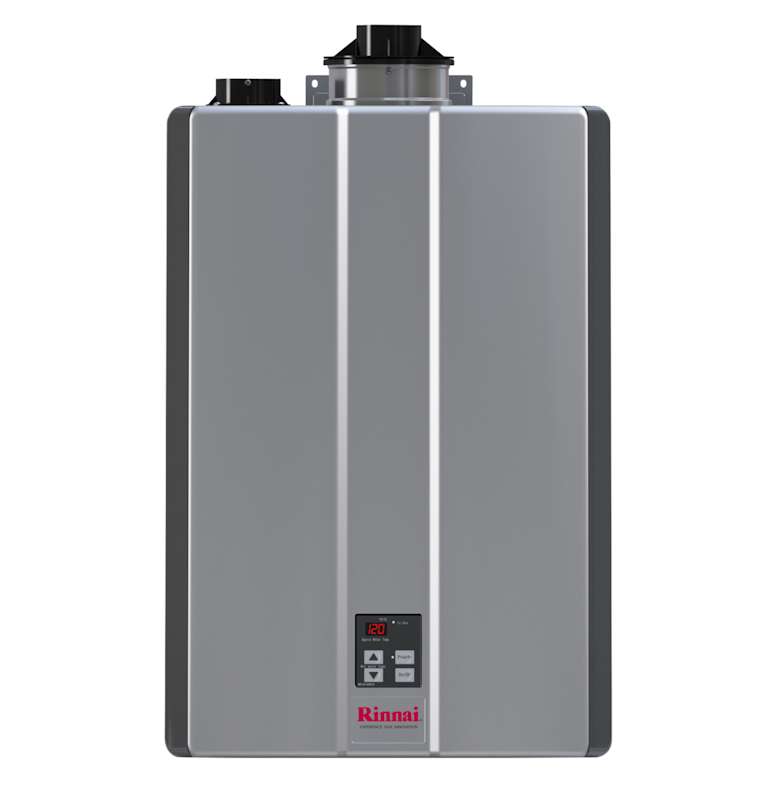
If your water has a foul smell at the faucet, it could be a couple of different issues. Many times, your well water can contain minerals which can cause an odor. Having a water test done by a plumbing company will identify any issues and the well can be treated or a filtration system designed to eliminate particles which cause odors. It is not advisable to pour bleach or any other liquid into your well. This may result in a temporary fix but could damage the well pump. If the house has been vacant for a while and the odor in the water is primarily on the hot water side, you may have a corroded anode. The anodes are metal posts located within the water heater, designed to attract corrosive particles that would normally attack the walls of the water heater. The corrosion of the anodes can create a foul smell in the water stored in the tank. Replacing the anodes and flushing the tank should resolve the problem.
If you don’t plan to use your home during the long cold winter, take precautions against freezing pipes and water lines by draining water from the home. This is done by turning off the water to the home at the main line and opening all the water fixtures inside. If there isn’t water in the lines, it won’t freeze. Often people neglect to winterize the water tank. Turn off the electricity at the panel, attach a hose to the spigot at the base of the heater and drain the water out. You may have trouble getting the water to start flowing. If this occurs, open the pressure valve at the top of the heater. This also helps minimize any sediment build-up in the base of the heater which can impact the efficiency of the unit. Take time to walk around the exterior of the home and open any hose spigots so water can drip from them, drain irrigation lines, and pack your well head with insulation. Be sure to flush all the toilets after closing off the water line and pour a little RV antifreeze into the toilet water that remains in the bowl. This prevents freezing and stops sewer gasses from traveling back into the house. Don’t ignore your washing machine either; turn off the water lines and disconnect them from the spigots. Now your home can endure freezing temperatures without any risk of damage.
Whether your home is permanent or vacation, it requires maintenance and constant upkeep. Being diligent with preventative maintenance will eliminate costly repairs. Having peace of mind will allow you to enjoy your home, lake times, and relaxation to the fullest.

258 Oxford Rd
Roxboro, NC 27573
(336) 597-5900
APlusPlumbingRoxboro.com







